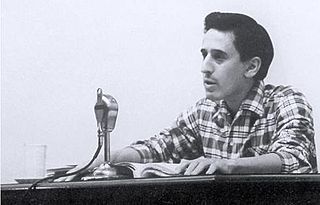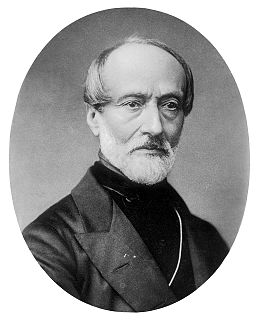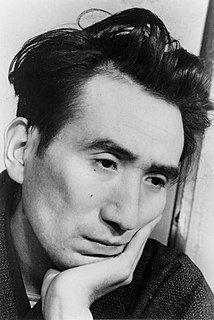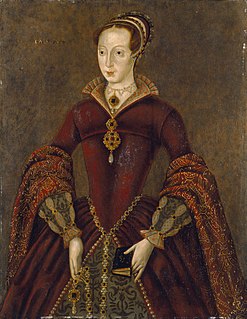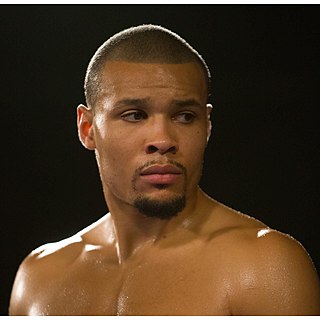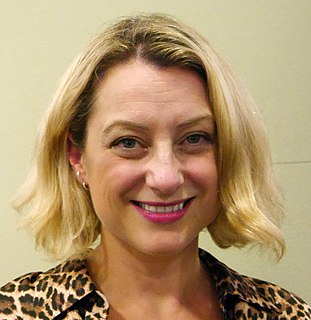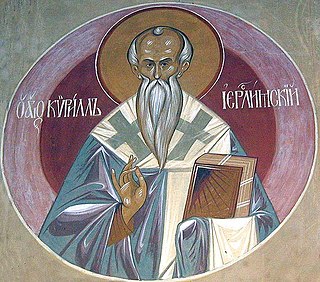A Quote by Roque Dalton
My veins do not end in me but in the unanimous blood of those who struggle for life, love, things, landscape and bread, the poetry of all.
Related Quotes
But what right had I to these highest joys, when all around me was nothing but misery and struggle for a moldy bit of bread; when whatsoever I should spend to enable me to live in that world of higher emotions must needs be taken from the very mouths of those who grew the wheat and had not bread enough for their children?
Life is not given to us that we might live idly without work. No, our life is a struggle and a journey. Goof should struggle with evil; truth should struggle with falsehood; freedom should struggle with slavery; love should struggle with hatred. Life is movement, a walk along the way of life to the fulfillment of those ideas which illuminate us, both in our intellect and in our hearts, with divine light.
I must go on living. And, though it may be childish of me, I can't go on in simple compliance. From now on I must struggle with the world. I thought that Mother might well be the last of those who can end their lives beautifully and sadly, struggling with no one, neither hating nor betraying anyone. In the world to come there will be no room for such people. The dying are beautiful, but to live, to survive – those things somehow seem hideous and contaminated with blood.
That love is a conflict seems to me obvious and natural. There isn't a single worthwhile work in world literature based on love that is only about the conquest of happiness, the effort to arrive at what we call love. It's the struggle that has always interested those who produce works of art - literature, cinema or poetry.
That's one of those questions that would just love to have a pat answer. You know, poetry's job is to make us feel good. Poetry exists to allow us to express our innermost feelings. There isn't one role for poetry in society. There are many roles for poetry. I wrote a poem to seduce my wife. I wrote a poem when I asked her to marry me. Poetry got me laid. Poetry got me married.
I think all those years that I spent as a nurse, from the age of seventeen, just allowed me an insight into human emotion at those times of life when it's so important. And to see and witness those times of grief and love and loss and all those things was such a huge privilege, both in my own personal life, but it also, I think, spills over into my writing. I think the one thing that most novelists have is some degree of emotional intelligence, and if you don't have that, then perhaps you might struggle to be a novelist, because that has to come out somewhere.
Since Christ Himself said in reference to the bread: "This is My Body," who will dare remain hesitant? And since with equal clarity He asserted: "This is My Blood," who will dare entertain any doubt and say that this is not His Blood?... You have been taught these truths. Imbued with the certainty of faith, you know that what seems to be bread is not bread but the Body of Christ, although it seems to be bread when tasted. You also know that what seems to be wine is not wine but the Blood of Christ although it does taste like wine.
